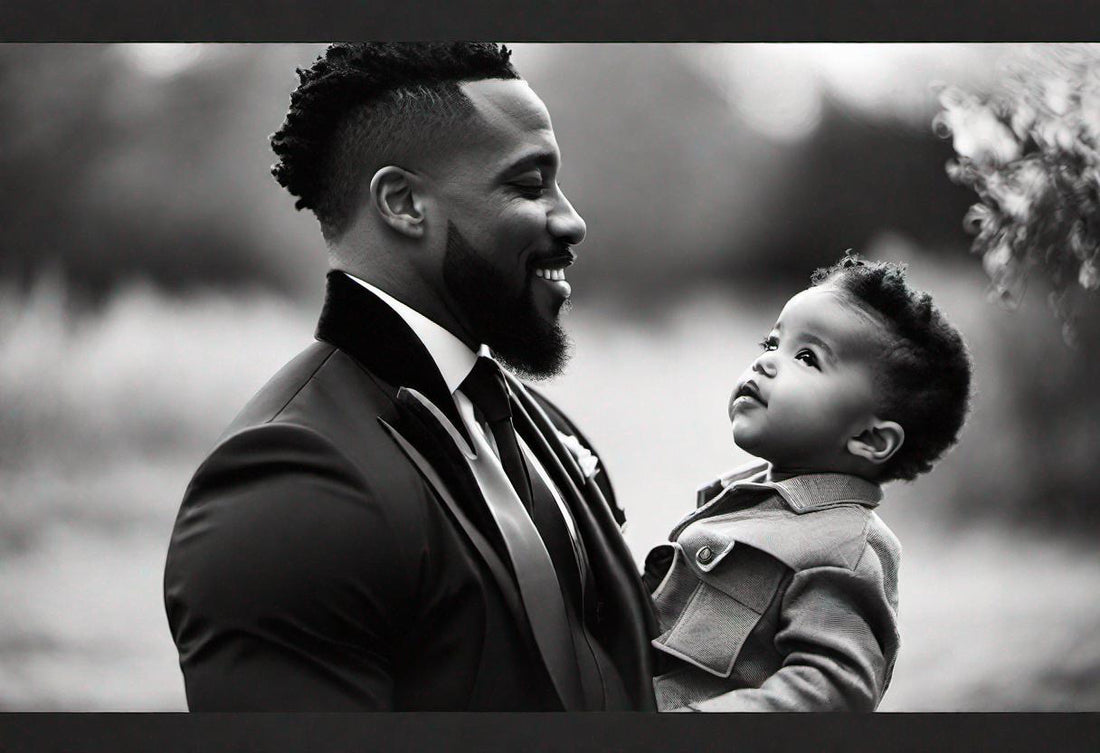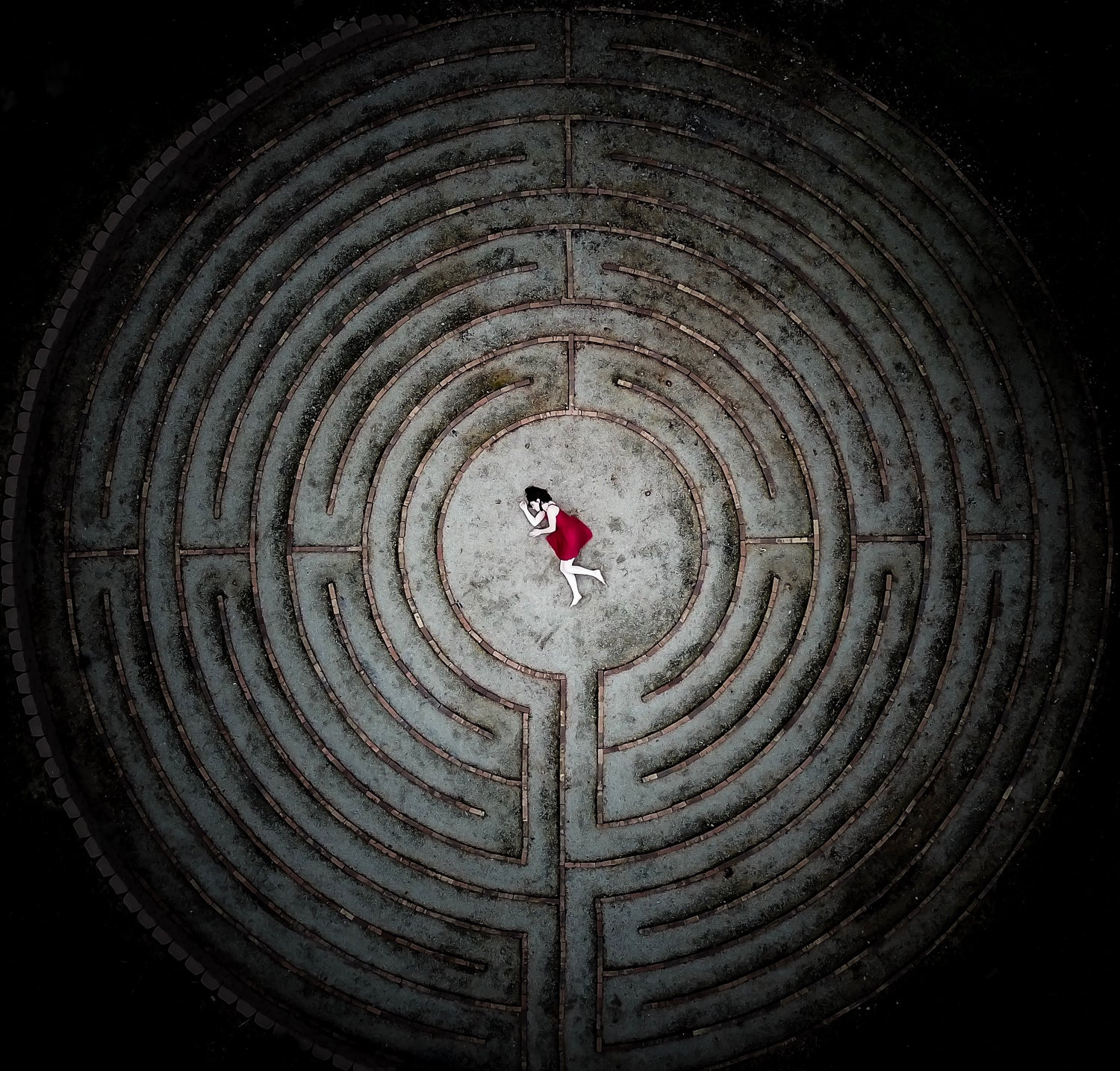In the realm of family courts, the words of Judge Judy resonate with a mixture of hope and frustration. She speaks of a principle long held but often not upheld – that mothers and fathers should be treated equally when it comes to custody rights. As she states, "No one has a less equal position." Yet, the reality has been far more complex, with a system that sometimes favors one parent over the other.
Behind these legal battles lies a painful truth: many fathers have experienced the daunting challenges of fighting for their rightful place in their children's lives. Custody battles, parental alienation, and legislative laws that seemingly disenfranchise fathers from their children's lives have become all too common, leaving a trail of emotional scars for both fathers and their children.
Custody battles, once confined to the realm of married couples, now often extend to unmarried couples as well. Fathers find themselves navigating a labyrinthine legal system to prove their worthiness as active and responsible parents. The road can be filled with obstacles, from stringent visitation schedules to deeply ingrained biases that presume mothers are better suited for caregiving.
One of the most devastating outcomes of custody battles is parental alienation. This occurs when one parent, often the custodial one, consciously or unconsciously manipulates the child's feelings towards the other parent. Children caught in the crossfire can be subjected to emotional turmoil, confusion, and a fractured sense of identity.
The voices of fathers who have endured these hardships echo across the nation. Many share tales of heartbreaking encounters with a system that may not always provide them a fair chance. A father's love for his child is no less profound, and the battle for custody can be just as emotionally taxing for him as it is for the mother.
Legislative laws also play a significant role in shaping these narratives. In some jurisdictions, laws that initially aimed to protect the best interests of the child have inadvertently worked against fathers. The assumption that mothers are inherently better caregivers has led to skewed outcomes, often failing to consider the unique circumstances of each family.
As society evolves and strives for gender equality, there is a growing awareness of the importance of involving both parents in a child's life. Numerous studies have shown that a father's active presence positively impacts a child's emotional, psychological, and cognitive development. The challenge lies in translating this knowledge into action within the legal system.
Judge Judy's observations highlight a critical need for change. Fatherhood is not defined solely by the financial contributions a man makes; it encompasses emotional support, guidance, and love. Custody battles should be focused on the child's well-being, not the gender of the parent.
This narrative is not an indictment of mothers, but a plea for a balanced and fair approach to parenting roles. Fathers, like mothers, should have the opportunity to create cherished memories and provide stable environments for their children. It's a call for judges, psychologists, and lawmakers to recognize that true equality in custody battles extends beyond the courtroom.
As the legal landscape evolves, fathers must continue to advocate for their rights, their children's well-being, and their invaluable roles as parents. Society as a whole must champion a vision of parenthood that celebrates the strengths of both mothers and fathers, ensuring that every child has the opportunity to thrive in the embrace of both parents' love.
#FatherhoodMatters #CustodyBattles #ParentalEquality #FamilyLaw #ChildrensRights




























